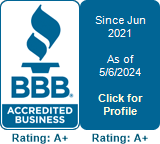Who Can Benefit From a Sober Recovery Coach?
The support and guidance of a sober recovery coach benefits anyone recovering from addiction, but especially so when conventional rehab won’t work. If you or someone you care about has struggled to find success with conventional treatment options or can’t get away for treatment, finding the right sober recovery coach could make sobriety more achievable and realistic.
The Role of a Sober Recovery Coach
A sober recovery coach serves individuals in recovery by supporting, motivating, and inspiring them to achieve and maintain sobriety and stay on pace with their recovery goals. They provide experiential, non-clinical advice that’s often grounded in their own experiences recovering from addiction. By providing a more realistic perspective on what it takes to live and sustain sobriety, they’re able to bridge gaps between clinical teams, rehab programs, and an individual’s optimal recovery environment.
Who Can Benefit From a Sober Recovery Coach?
Anyone who is working to achieve and maintain a sober lifestyle can benefit from the support of a sober recovery coach. Even if someone does not yet feel committed to sobriety, a sober recovery coach can work with them to identify sources of inspiration and motivation in their daily life that make recovery more sustainable in the long run.
In our experience, however, a sober recovery can be particularly helpful when someone:
- Has gone to several treatment programs and struggled to stay sober
- Has unique lifestyle requirements that keep them from getting away for residential treatment
As someone who has worked through their own addiction issues and found personal success, sober recovery coaches give a fresh, creative perspective on what it takes to live a sober lifestyle. This real-world perspective can get lost in clinical treatment settings, and when someone’s lifestyle prevents them from going to conventional rehab in the first place, a sober recovery coach can meet them where they’re at in their daily life.
Your Lifestyle With a Sober Recovery Coach
Generally, sober recovery coaches work with individuals during the early stages of recovery, but the right sober coach should offer flexibility to meet your needs and goals at any stage of recovery from interventions to long-term aftercare. Initially, a sober recovery coach works with you around the clock when the risk of relapse is high, and with time, they reduce touch points as you gain confidence and success navigating sobriety in everyday life. Because a sober recovery coach works with you on a one-to-one basis, it’s also more confidential and private compared to other treatment strategies.
ALYST’s Certified Recovery Agents provide private, individualized sober coaching with an at-home program tailored to your lifestyle.
Sober Recovery Coaching Is Like Learning to Ride a Bike
In our experience, working with a recovery coach is like learning how to ride a bike. When you’re trying to learn how to stay sober, it’s like someone trying to ride a bike for the first time—you keep falling off. There are several solutions when this continues to happen. One, you can try training wheels, which artificially balance the bike and create temporarily stable conditions, but as soon as they’re gone, it’s still easy to fall off. This is similar to conventional rehab. It works for some people, but not everybody.
So if that doesn’t work, it doesn’t mean you’ll never learn how to ride a bike. It just means you should try something new. Maybe what you need is a hand on the back of the seat, helping you find your balance until you don’t know whether the hand is there or not. That’s exactly how a sober recovery coach works toward your recovery goals—by helping you find your balance until you can maintain it on your own.
When you’re learning in real time, those skills translate to your real life, and you can more easily connect them to how they help you live a better life.
What to Look for in a Sober Recovery Coach
Could the support of a sober recovery coach benefit you or someone you care about? In our experience, the answer is most often yes, especially when someone has tried conventional rehab without success or daily life responsibilities and obligations make rehab unrealistic.
Here are some important questions to ask when interviewing prospective recovery coaches:
How Flexible Is Your Program?
Whether you need around-the-clock sober support or occasional check-ins throughout the week, you need to start by making sure your sober coach is available when you need them. High-risk situations, cravings, and pitfalls can pop up anytime. While a sober coach works with you to proactively eliminate as many of these as possible, you need to know they’ll be there for you in times of crisis, especially early on in recovery. Finding a program that’s flexible enough for your recovery needs, lifestyle, schedule, routine, and live-in preferences can make the difference between recovery and relapse.
What Experience and Training Do You Have?
A good rule of thumb is to confirm that any sober coach you’re considering has personal experience navigating recovery, as it can be difficult to speak the language of a coach and see the world through the eyes of a player when you haven’t done it yourself.
While there are no training requirements to become a sober coach, having some level of professional training or accreditation demonstrates that the program values providing high-quality care. Without the training component, they may have personal success navigating sobriety but lack the ability to translate that into successful coaching for others.
How Does Pairing Work?
You should get to be part of the sober coach selection process. If it’s randomized, it can be difficult to predict whether or not you’ll work well with that person, and what works for one person may not work for another. That’s why it’s a good idea to confirm that you can be part of a collaborative coach pairing process.
Can You Collaborate With Clinical Teams?
As a non-clinical role, it isn’t absolutely necessary for a sober coach to collaborate with clinical teams, but it certainly helps. If it’s important for you to have a primary point of contact helping bridge clinical treatment with real-world recovery strategies, having a sober coach who can also absorb case management responsibilities offers an additional perk.
Find an Experienced Sober Coach With One of ALYST’s Certified Recovery Agents
At ALYST, we’ve built sober recovery coaching into our at-home rehab program. Program participants partner with a peer-to-peer Certified Recovery Agent (CRA) who works with them to achieve and maintain sobriety in everyday life while receiving real-time feedback, support, and guidance. Contact us today to discuss how we can customize our at-home rehab program to your lifestyle.





